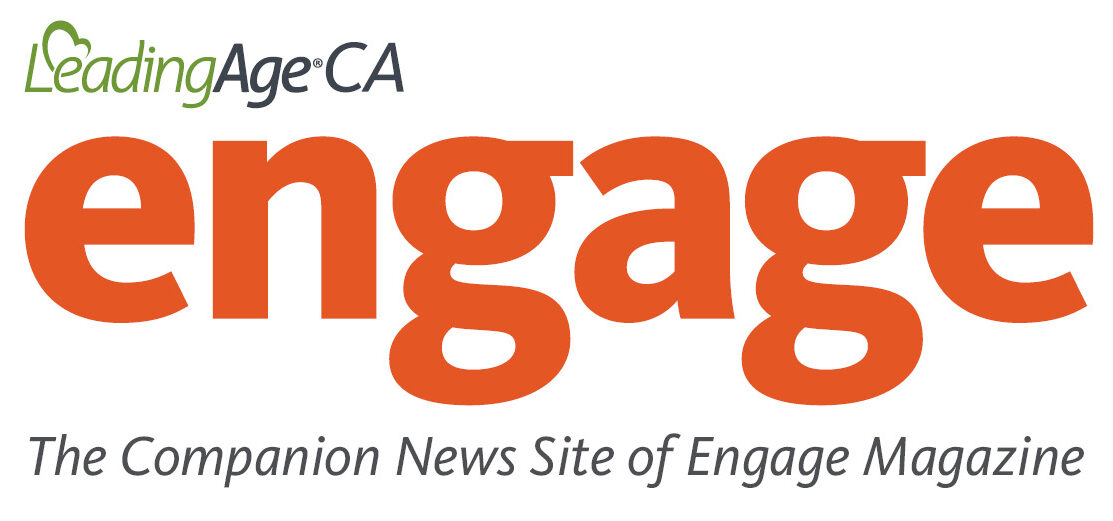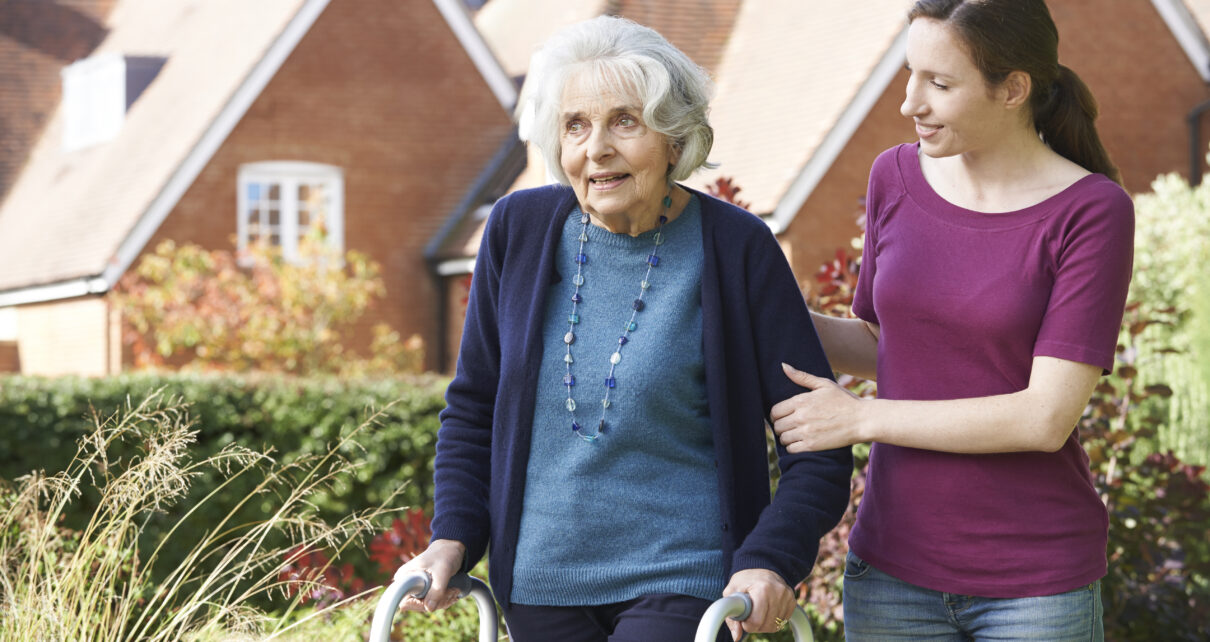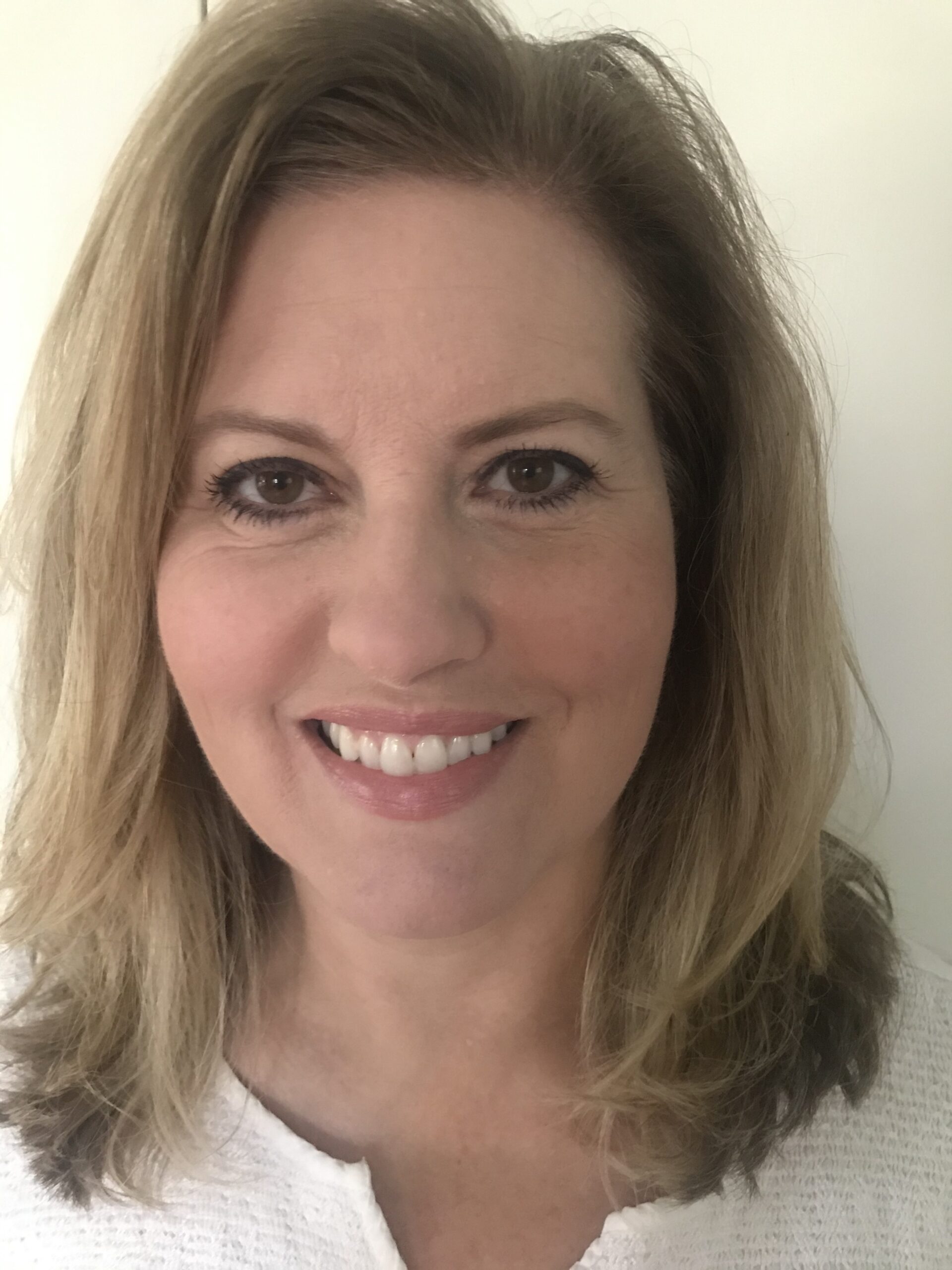By Donna Berry Glass, Contributor, Institute on Aging
The pandemic was tough on San Francisco’s senior population, but for those older adults with dementia and their families, it was especially harsh and isolating.
Now with vaccines widely available, the situation has improved. Many social day programs have reopened, including the one at Institute on Aging. The longstanding nonprofit has also reinvented its dementia care offerings with a holistic caregiver support program centered on access to trained care coaches. But perhaps the most surprising and unexpected development is the early success of the nonprofit’s new Community Cooperative Adult Day Program (CCADP), or “co-op “as it’s informally called, funded by a grant from the Stupski Foundation in partnership with the Presence Care Project and DayBreak.
The co-op program is centered around a “dyad” – the participant and a family caregiver. These teams of two commit to attending the social day program anywhere from one to five days per week. In exchange for the caregiver’s time and contributions, the family receives a substantial discount, in some cases, cutting the cost of the day program in more than half. Nearly a dozen families have signed up for the program.
“The co-op is proving to be a boon for our families, especially those struggling with finances,” says Alison Moritz, Program Director for the Enrichment Center. “This is a way that more people can afford quality dementia care; plus it’s enabled our trained staff to have more one-on-one time with our seniors since certain tasks like setting up for meals, helping with art projects and taking participants outside for walks are supported by our co-op family members. It also provides caregivers with a community that understands their unique day-to-day challenges. We’ve seen how isolating dementia care can be and this is in direct response to addressing that.”
The population of San Francisco is getting older, with 23 percent listed as 60 and up according to the San Francisco Department of Disability and Aging Services. Many older adults in San Francisco are living on a fixed income, receiving an average of $15,214 in Social Security benefits per year. Yet, they need more than $42,000 just to meet their basic needs.
Moritz points out she has also seen a shift in the center’s racial makeup. “Thanks in large part to the co-op, we have caregivers, participants and staff from all backgrounds and ethnicities,” she says. “I’d say it maps well to what you see in San Francisco, where the population is about 40 percent white and 60 percent non-white. Plus the program complements the ‘value your elders’ culture in certain communities because the caregivers can still play an active role in their loved one’s experience.”
It also gives family members a chance to take a much-needed break from caregiving, as the program allows other family members to trade out, so that the primary caregiver can take time off or go on vacation.
The past year has encouraged many organizations to rethink their diversity, equity and inclusion (DEI) programs, and Institute on Aging is no exception. Earlier this year the nonprofit engaged staff in unconscious bias training, and brought in an expert specializing in mental wellness, diversity and cultural humility who orchestrated an organization-wide council dedicated to DEI. As Dustin Harper, Vice President of Strategy for Institute on Aging puts it, the council aligns with “Institute on Aging’s collective vision to be an agency that wholly values belonging and accessibility at all levels and is an open platform for all voices to be heard.”


 Given that that individuals with dementia were predicted to be twice as likely to contract the virus, increased health risks made it almost impossible for them to take part in any part of society for more than a year. Up until April 2020, many of these older adults were able to participate in regular activities such as the weekday socialization program at San Francisco’s
Given that that individuals with dementia were predicted to be twice as likely to contract the virus, increased health risks made it almost impossible for them to take part in any part of society for more than a year. Up until April 2020, many of these older adults were able to participate in regular activities such as the weekday socialization program at San Francisco’s 

